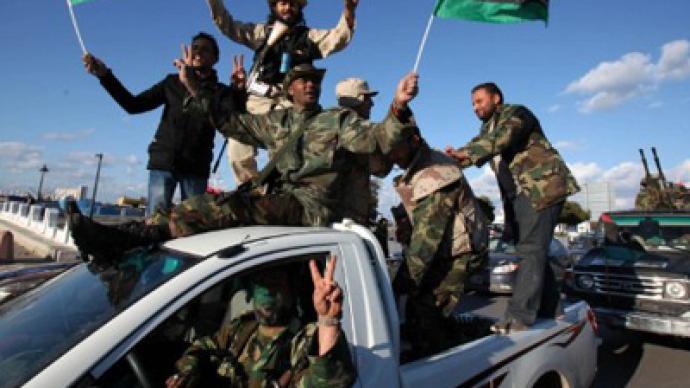Bahrain is to retry 20 medics who treated protesters during last year’s uprising, despite earlier promises to spare 15 of them. A military tribunal earlier sentenced them to up to 15 years in prison, causing international criticism.
The kingdom’s Information Affairs Authority last week indicated that criminal charges may be dropped for all but five medics, with the other cases reviewed by a professional tribunal. But on Tuesday the country’s Justice Minister Shaikh Khalid Bin Ali Al Khalifa said all of the accused are standing retrial by a civilian court.In September, the doctors and nurses were found guilty of inciting an overthrow of the kingdom’s government, occupying a hospital and stealing medicines, among other things. Thirteen of the doctors received sentences of 15 years in prison whole another seven received terms of five to 10 years.They also faced a smear campaign in the local media, which claimed that the doctors had deliberately made patients’ wounds worse and caused several deaths, in order to discredit the police.The confusion over retrial indicates a split among Bahrain’s government on the fate of the medics, believes Brian Dooley of US-based group Human Rights First. “It looks like various people are making decisions in the Bahrain government without an agreed policy,” he told Reuters.The medics were among some 400 people tried for taking part in the Arab Spring-inspired public unrest in Bahrain last February. The protest was brutally quashed with the help of Saudi Arabia and United Arab Emirates troops.The retrial comes amid a new wave of protests in the country. Tens of thousands of the majority Shiite population took to the streets demanding more serious reforms than those taken by King Hamed ibn Isa Khalifa and his Sunni-dominated government.The ongoing protest faces crackdowns by security forces. According to a UN High Commissioner for Human Rights report, six demonstrators have been killed in January and seven more in February due to excessive use of force by the police.Bahrain was the third country to be hit by the protest, which engulfed the Arab world in 2011. Unlike Tunisia and Egypt before it and Libya and Yemen after it, Bahrain’s government did not fall amid the protest.The crackdown drew criticism, as international organizations and national governments said Bahrain’s response to the crisis was disproportionate and violated human rights. However they refrained from calling for a regime change in the country.Bahrain is a key ally of the US in the region, hosting its Fifth Fleet. The US Navy branch is crucial for containing Iranian forces.Bahrain’s government claimed the rioting was secretly instilled by Iran rather than public dissent with the rule of the Al Khalifa royal dynasty.
Beirut-based political analyst Omar Nashabe insists that the doctors should not be on trial in the first place. “This is very bizarre because doctors are supposed to cure people who suffer from injuries regardless of their political affiliation. They were acting according to the ethical conditions of their profession,” he told RT.
The Sunni monarchy is responding to the peaceful protests with a brutal crackdown because it is frustrated by the fact that it is a minority facing the Shiite majority of Bahraini population, Nashabe says.
“These people are taking to the street calling for true democratic reforms. They are not using any weapons, they are peaceful demonstrators. They are not even calling for impeachment of the king.”

